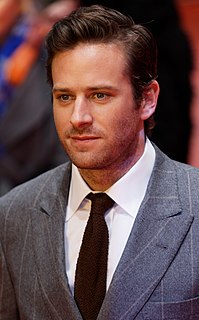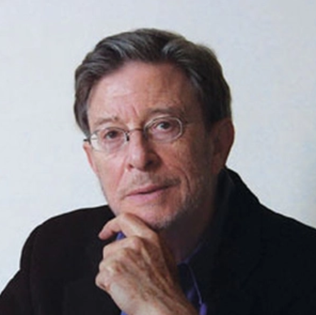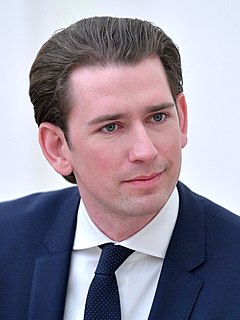A Quote by Vladimir Putin
Over the course of the year 1990, the then Chancellor Helmut Kohl and Foreign Minister Hans-Dietrich Genscher had many conversations with President [Mikhail] Gorbachev and other Soviet officials.
Related Quotes
Russia, despite its heavy flirtation with capitalism and some quite unsavory oligarchs, is still building its foreign policy on the Soviet ideals of internationalism, solidarity and logic. And even domestically, President [Vladin]Putin is slowly, step-by-step, restoring many important Soviet achievements that were torpedoed by a nitwit, and one gangster - [Mikhail] Gorbachev and [Boris] Yeltsin.
National Defense A strong USA defense brought down the Soviet Union. It was Ronald Reagan - first in a speech at Notre Dame University in May 1981, then his 'Evil Empire' speech of March 1983 - who most eloquently declared communism's imminent demise. Reagan was right. And even Soviet officials attribute Ronald Reagan's rhetoric and foreign policy to bringing down that 'evil empire.' By Christmas Day, 1990, the Soviet Union ceased to exist. Liberals wished it were other things.
Here I was in Estonia, doing a concert for 5,000 people, and not many people know the song My Way - Gorbachev in the 80s, My Way had just become a famous song, and [Mikhail] Gorbachev in a satirical, kind of cynical manner coined the term the Sinatra Doctrine and My Way was the song because the Baltic states in the Warsaw Pact wanted to go their own way and secede from the Soviet Union, so joking he says," Yeah, we've got the Sinatra Doctrine now."
The role of Ronald Reagan had been deliberately diminished; the role of the Europeans, who, with the exception of Helmet Kohl, were often keen to undermine America when it mattered, had been sanitized; and the role of Mr. Gorbachev, who had failed spectacularly in his declared objective of saving communism and the Soviet Union, had been absurdly misunderstood.
When [Vladimir] Putin, a former lieutenant-colonel in the KGB, became Russia's president on December 31, 1999 - eight years after the failed coup attempt against (then Soviet leader Mikhail) Gorbachev, and eight years after the people had torn down the statue of Felix Dzerzhinsky, the hated founder of the KGB, in Moscow - it was admittedly a shock. Nevertheless, I decided to give Putin a chance. He seemed dynamic and capable of learning. But I had to bury my hopes after just a few months. He proved to be an autocrat - and, because the West let him do as he pleased, he became a dictator.
He [Mikhail Gorbachev] has, as many great leaders have, impressive eyes....There's a kind of laser-beam stare, a forced quality, you get from Gorbachev that does not come across as something peaceful within himself. It's the look of a kind of human volcano, or he'd probably like to describe it as a human nuclear energy plant.
An old Russian woman goes into Kremlin, gets an audience with Mikhail Gorbachev and says, In America anyone can go to the White House, walk up to Reagan's desk and say, 'I don't like the way you are running the country.' Gorbachev replied, You can do the same thing in the Soviet Union. You can go into the Kremlin, walk up to my desk and say 'I don't like the way Reagan is running his country.'































